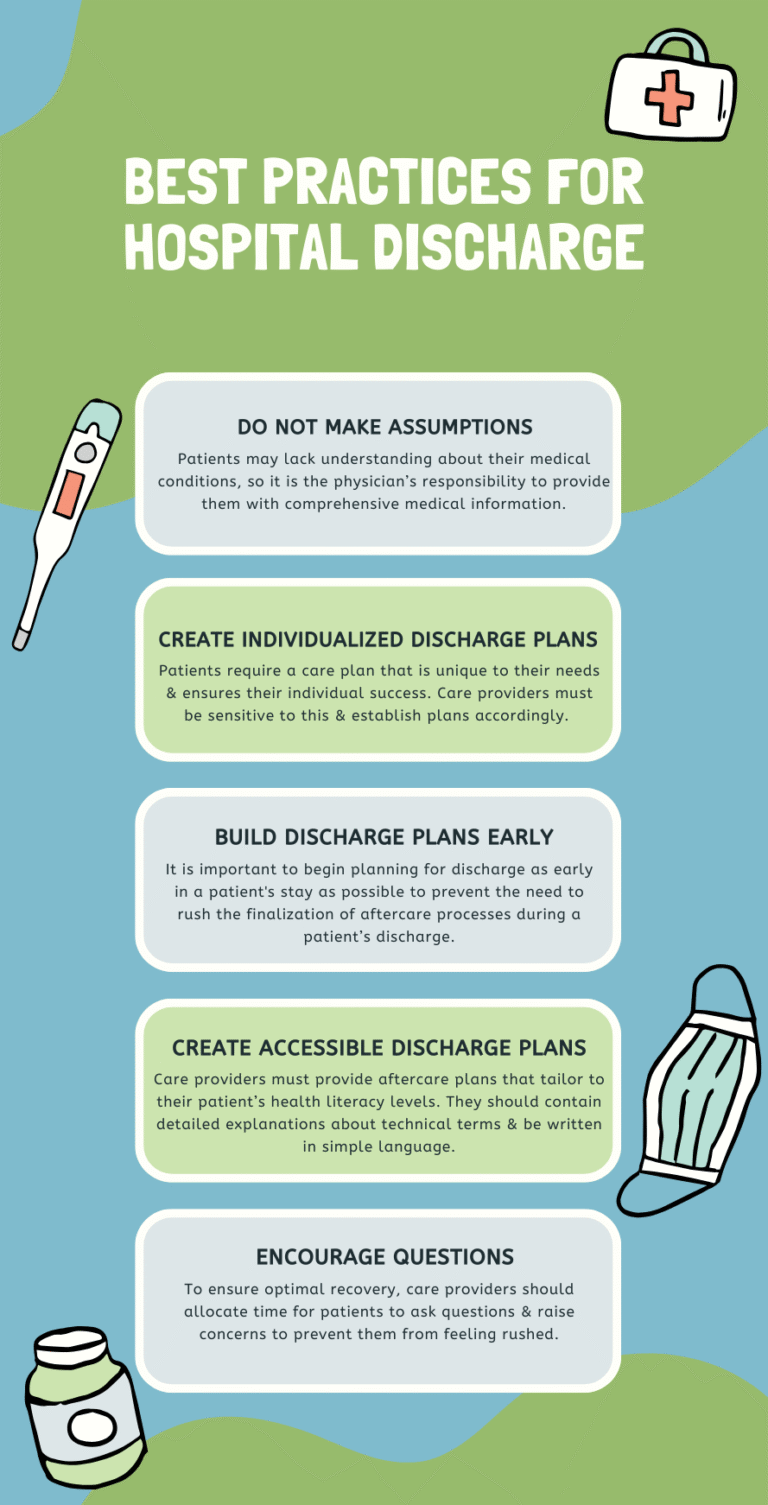Oral Contraceptive Pills (OCP)_ What You Should Know
What You Should Know About Oral Contraceptive Pills (OCPs)
Oral contraceptive pills (OCPs), commonly known as birth control pills, are a widely used method of hormonal contraception. While their primary purpose is to prevent pregnancy, they also help manage conditions like acne, premenstrual syndrome (PMS), heavy menstrual bleeding, and painful periods. However, OCPs do not protect against sexually transmitted infections (STIs).
In this guide, you’ll learn about the different types of OCPs, how they work, their effectiveness, benefits, possible side effects, and where you can get them.
How Do Oral Contraceptive Pills Work?
OCPs rely on synthetic female hormones to prevent pregnancy. The two main types of birth control pills are:
-
Combination pills (contain estrogen and progestin)
-
Progestin-only pills (also called minipills)
Each type prevents pregnancy by:
-
Stopping ovulation (the release of an egg from the ovaries)
-
Thickening cervical mucus to block sperm
-
Changing the uterine lining to prevent implantation
Combination Birth Control Pills
Combination pills are the most commonly prescribed and include synthetic versions of estrogen and progestin. These pills prevent ovulation and alter the uterine lining and cervical mucus to reduce the chances of fertilization and implantation.
Popular Combination Pill Brands
Some widely used combination pills include:
-
Femlyv, Lo Loestrin Fe (norethindrone acetate + ethinyl estradiol)
-
Tri-Sprintec (norgestimate + ethinyl estradiol)
-
Vienva (levonorgestrel + ethinyl estradiol)
-
Yaz (drospirenone + ethinyl estradiol)
Progestin-Only Pills (Minipills)
Progestin-only pills do not contain estrogen. In addition to suppressing ovulation, they work by thickening cervical mucus, making it more difficult for sperm to reach an egg if ovulation occurs.
Common Progestin-Only Pill Brands
Examples include:
-
Camila
-
Errin
-
Heather (norethindrone)
In July 2023, the FDA approved Opill (norgestrel) as the first over-the-counter progestin-only pill, making it available without a prescription.
Pill Regimens: Conventional, Extended, and Continuous Use
Standard Pack Options
Most pill packs contain:
-
21 active pills + 7 placebo pills
-
24 active pills + 4 placebo pills
Bleeding typically occurs during the placebo week, mimicking a regular period.
Types of Combination Pills
Combination pills may have different hormone levels:
-
Monophasic: Same hormone dose daily
-
Biphasic: Two different hormone levels during the cycle
-
Triphasic: Three varying doses throughout the month
Extended-Cycle Pills
Extended-use pills allow for fewer periods—usually one every three months. For example, Seasonique provides 84 active pills followed by 7 placebo pills.
Continuous-Use Pills
With continuous-use pills, like Amethyst, active pills are taken year-round with no hormone break, which can eliminate periods altogether.
How Effective Are Oral Contraceptives?
When used perfectly, OCPs are 99% effective. With typical use, their effectiveness is around 93%–96%, largely due to missed doses.
Importance of Timing
Taking your pill at the same time every day increases its reliability. Setting reminders or using a pill-tracking app can help maintain consistency.
What to Do If You Miss a Dose
-
Missed 1 pill: Take it as soon as you remember. You may need to take 2 pills in one day.
-
Missed 2 or more pills: Take the most recent missed pill right away. Use backup contraception (like condoms) for the next 7–9 days.
If restarting birth control or starting for the first time, use backup contraception for at least 7–9 days.
Emergency Contraception
Emergency contraception, often called the morning-after pill, is available without a prescription and should be taken as soon as possible after unprotected sex or contraceptive failure.
Benefits of Oral Contraceptive Pills
General Benefits
OCPs can help manage or reduce:
-
Acne
-
Painful or heavy periods
-
Irregular cycles
-
PMS and PMDD
-
Ovarian cysts
-
Endometriosis
Combination Pill-Specific Benefits
-
Improve skin by reducing acne
-
Regulate menstrual cycles
Progestin-Only Pill Benefits
-
Safe to use after childbirth or while breastfeeding
-
No increased risk of high blood pressure or heart disease
-
Suitable for smokers or women over 35
-
Fewer estrogen-related side effects
Extended or Continuous Use Benefits
Medical providers may recommend fewer or no periods for individuals with:
-
Anemia
-
Physical or mental disabilities
-
Endometriosis
-
Menstrual migraines
-
Heavy or painful periods
-
Severe PMS
These regimens can also improve treatment adherence and suppress ovulation more effectively.
Possible Side Effects of OCPs
Common side effects include:
-
Spotting or breakthrough bleeding (especially early on)
-
Nausea
-
Breast tenderness
-
Mood changes
-
Headaches
-
Bloating
-
Weight changes
-
Skin discoloration
-
Increased or decreased appetite
-
Vaginal discharge
-
Changes in hair growth
Though rare, serious side effects may occur. Contact your healthcare provider if you notice anything unusual or experience severe symptoms.
Frequently Asked Questions
What Is Oral Contraceptive Pill (OCP) Birth Control?
A birth control pill that uses synthetic hormones to prevent pregnancy and regulate menstrual health.
How Reliable Are OCPs?
They are over 99% effective with perfect use and 93–96% effective with typical use.
Where Can I Get OCPs?
OCPs are available via prescription from a healthcare provider, and some progestin-only options are now available over the counter in many pharmacies.
Expert Tips for Using OCPs
-
Take your pill at the same time every day
-
Use reminders or apps for consistency
-
Consult a healthcare provider if you experience side effects
-
Don’t skip pills unless directed
-
Always have emergency contraception available if needed
Key Takeaways
-
Oral contraceptive pills are safe, effective, and versatile tools for preventing pregnancy and managing hormonal health.
-
Choosing between combination and progestin-only pills depends on your health profile and personal preferences.
-
Staying consistent with your dosage schedule is key to effectiveness.
-
Speak to a healthcare provider to find the best option for you.







